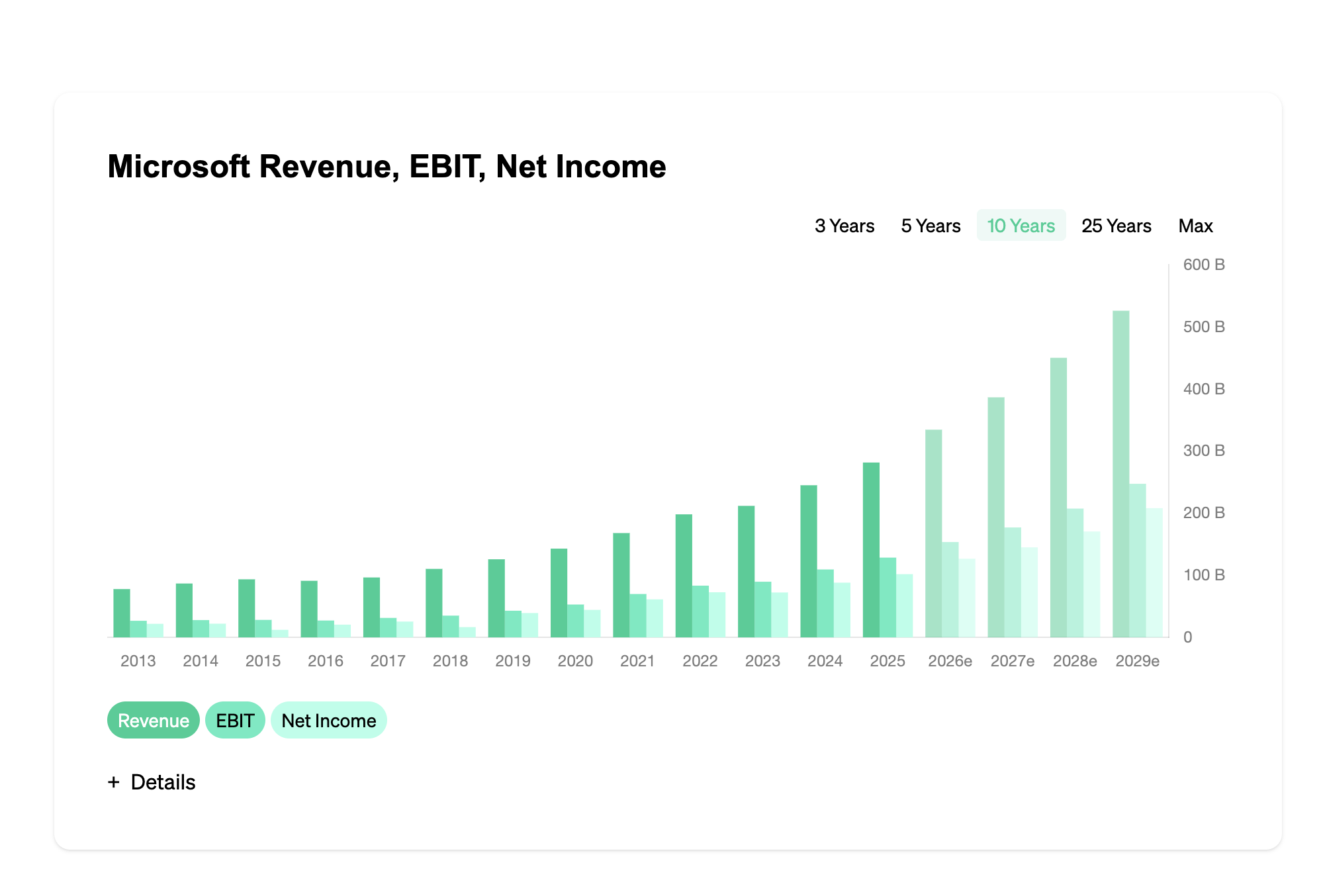Build Own Operate
Definition and Explanation
TL;DR – Brief Definition
Go to FAQs →Build Own Operate: Definition: "Build-Own-Operate" (BOO) describes a business model commonly used in infrastructure development and project financing. It refers to a contractual arrangement where a party, usually a private company or consortium, assumes the responsibility for designing, constructing, owning, and operating a facility or infrastructure asset. This model is prevalent in various sectors, including energy, transportation, telecommunications, and public-private partnerships (PPP). "Build-Own-Operate" projects typically involve a lengthy contractual framework known as a concession agreement, which outlines the rights, obligations, and financial arrangements between the project company and the public entity or grantor. The project company assumes the risk involved in developing and operating the asset, usually financing a significant portion of the project costs through debt and equity. From a financial perspective, the project company may secure funding from various sources, including commercial banks, development banks, institutional investors, and capital markets. The funds acquired are primarily used to finance construction and acquisition costs. The company then generates revenue by operating the asset and charging users (e.g., toll fees for roads, electricity tariffs for power plants) or through a concession fee, as agreed upon in the concession agreement. The "Build-Own-Operate" model offers advantages to both the project company and the grantor. For the project company, it allows them to participate in infrastructure development, providing a steady revenue stream over an extended period. Additionally, the concession agreement guarantees the project company exclusive rights to operate the asset during the concession period. On the other hand, the grantor benefits from "Build-Own-Operate" projects by transferring the risks associated with infrastructure development, operation, and maintenance to the project company. In the case of PPPs, this model allows the government to leverage private sector expertise and resources, avoiding the burden of financing infrastructure projects solely using public funds. Overall, the "Build-Own-Operate" model has proven to be an effective mechanism for infrastructure development and finance. Its flexibility and potential for attracting private investment have made it a popular choice for various capital market participants seeking opportunities in infrastructure projects. With well-structured contractual agreements and sound financial management, "Build-Own-Operate" projects can lead to successful investments, spurring economic growth while fulfilling societal needs. As a leading platform for equity research and finance news, Eulerpool.com provides comprehensive insights into the "Build-Own-Operate" model and its applications in capital markets. With our glossary, investors and market participants can stay informed about this and other terms related to stocks, loans, bonds, money markets, and cryptocurrencies. Stay updated with the latest trends and developments in the industry, supporting your investment decisions with expert knowledge. Visit Eulerpool.com today!
Detailed Definition
Frequently Asked Questions about Build Own Operate
Was bedeutet Build Own Operate?
Definition: "Build-Own-Operate" (BOO) describes a business model commonly used in infrastructure development and project financing. It refers to a contractual arrangement where a party, usually a private company or consortium, assumes the responsibility for designing, constructing, owning, and operating a facility or infrastructure asset.
Wie wird Build Own Operate beim Investieren verwendet?
„Build Own Operate“ hilft dabei, Informationen einzuordnen und Entscheidungen an der Börse besser zu verstehen. Wichtig ist immer der Kontext (Branche, Marktphase, Vergleichswerte).
Woran erkenne ich Build Own Operate in der Praxis?
Achte darauf, wo der Begriff in Unternehmensberichten, Kennzahlen oder Nachrichten auftaucht. In der Regel wird „Build Own Operate“ genutzt, um Entwicklungen zu beschreiben oder Größen vergleichbar zu machen.
Welche typischen Fehler gibt es bei Build Own Operate?
Häufige Fehler sind: falscher Vergleich (Äpfel mit Birnen), isolierte Betrachtung ohne Kontext und das Überinterpretieren einzelner Werte. Nutze „Build Own Operate“ zusammen mit weiteren Kennzahlen/Infos.
Welche Begriffe sind eng verwandt mit Build Own Operate?
Ähnliche Begriffe findest du weiter unten unter „Leserfavoriten“ bzw. verwandten Einträgen. Diese helfen, „Build Own Operate“ besser abzugrenzen und im Gesamtbild zu verstehen.
Leserfavoritter i Eulerpool Børsleksikon
GWA
GWA steht für "Global Weighted Average" und wird häufig in der Finanz- und Investmentbranche verwendet, um den global gewichteten Durchschnitt zu berechnen. Es handelt sich um eine wichtige Kennzahl, die...
Regelleistungen
Definition von "Regelleistungen": Regelleistungen sind ein zentraler Bestandteil des deutschen Strommarkts und beziehen sich auf die Vorhaltung von flexibler Erzeugungsleistung, die erforderlich ist, um das elektrische Netz in einem stabilen Betriebszustand...
Kassenobligationen
Kassenobligationen sind unbesicherte Schuldverschreibungen, die von Bundesländern, Kommunen und öffentlich-rechtlichen Körperschaften ausgegeben werden. Sie dienen der kurz- bis mittelfristigen Finanzierung von öffentlichen Haushalten und werden in der Regel von Banken...
Entschädigungs- und Ausgleichsleistungsgesetz (EALG)
Entschädigungs- und Ausgleichsleistungsgesetz (EALG) ist ein wichtiges Gesetz in Deutschland, das den Schutz und die Entschädigung von Anlegern im Falle von Insolvenzen oder Zahlungsunfähigkeit von Finanzinstituten oder Wertpapierfirmen regelt. Gemäß dem...
Finanzplan
Ein Finanzplan ist ein wesentliches instrumentelles Konzept in der Welt der Kapitalmärkte und des Investierens. Er ist eine systematische Darstellung der finanziellen Ziele, strategischen Maßnahmen und Prognosen, die von einem...
stochastischer Prozess
Ein stochastischer Prozess ist ein mathematisches Konzept, das in der Finanzwelt weit verbreitet ist und als grundlegende Komponente der Kapitalmärkte gilt. Es handelt sich um eine mathematische Beschreibung von zufälligen...
versicherungstechnische Rückstellungen
Versicherungstechnische Rückstellungen sind finanzielle Verpflichtungen und Reserven, die von Versicherungsunternehmen gebildet werden, um zukünftige Ansprüche und Verpflichtungen aus ihren Versicherungsverträgen zu decken. Diese Rückstellungen dienen als Sicherheitsmaßnahme, um sicherzustellen, dass...
Trickle-down-Effekte
Trickle-down-Effekte, auch bekannt als Nachfluss-Effekte, beziehen sich auf den ökonomischen Prozess, bei dem wirtschaftliche Vorteile oder Veränderungen bei den oberen Einkommens- und Vermögensschichten allmählich auf die unteren Einkommensschichten übertragen werden....
Wirtschaftsakademie
Die Wirtschaftsakademie, auch bekannt als Handelsakademie oder Wirtschaftsschule, ist eine Bildungseinrichtung, die speziell darauf ausgerichtet ist, Studenten auf eine Karriere in der Wirtschaft und den Finanzmärkten vorzubereiten. Sie bietet eine...
Programmbreite
Programmbreite ist ein Begriff, der in der Welt der Kapitalmärkte verwendet wird und sich auf die Vielfalt der Investmentprogramme bezieht, die von einer Finanzinstitution angeboten werden. Insbesondere betrifft dies Aktien,...

